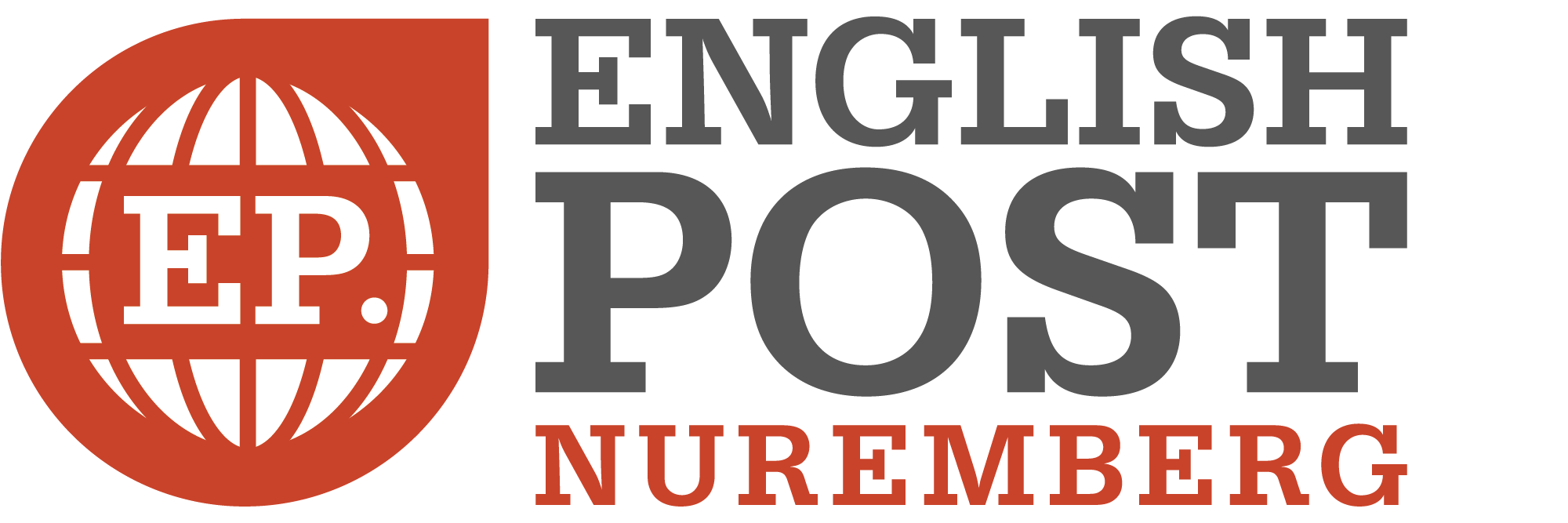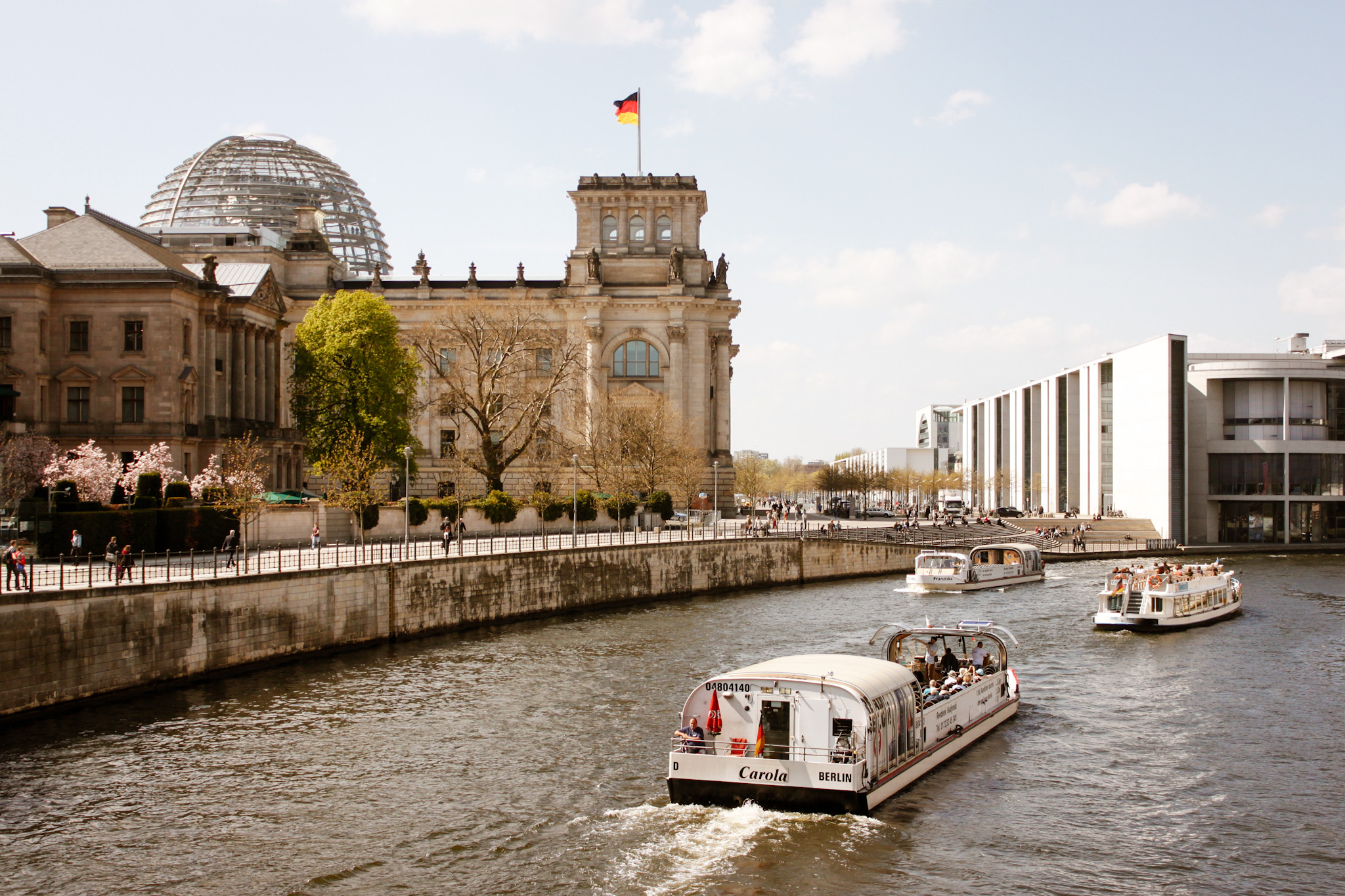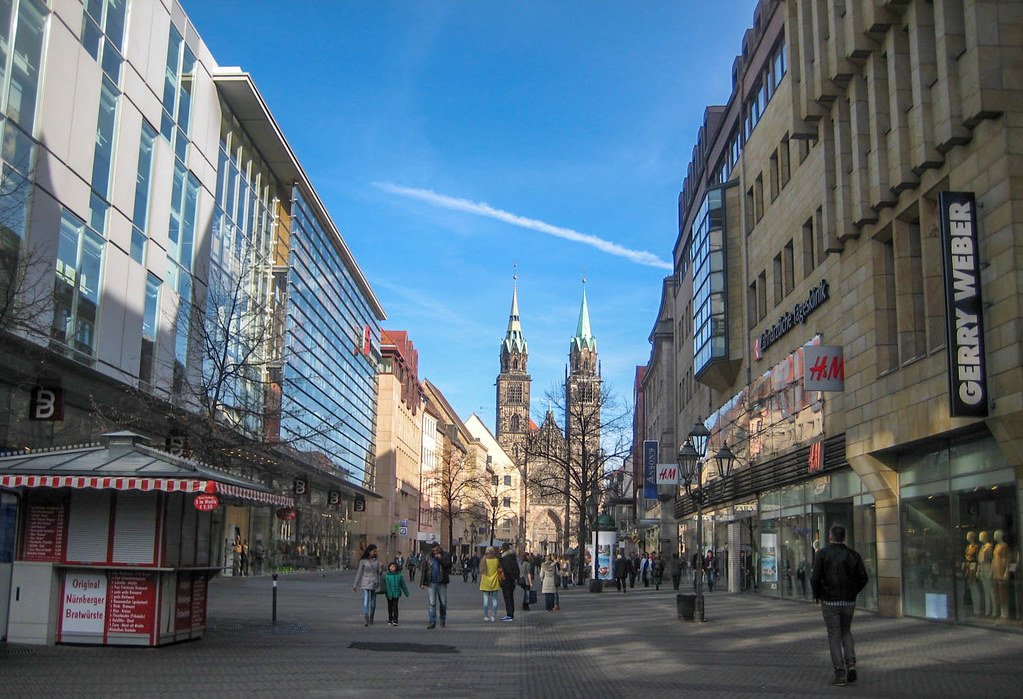I don’t think I’ve ever felt as powerless as I have this last week. Over the last few days, Ukraine has turned into a full-blown war zone, with media covering not much else. The world has responded with anti-war protests across the globe, including right here in Nuremberg resulting in tough sanctions against Russia. I don’t know about anyone else, but I’ve been feeling very tense. The sun is shining, spring is on its way. It’s all business as usual—on the surface.
News and social media are, however, a different story. Social media has blown up, people have changed their profile pictures on Facebook to include Ukrainian flags, they’ve been posting stories on Instagram about where to donate money and supplies to refugees in need. I’ve seen posts of those who’ve attended the demonstrations—always including the relevant hashtag, of course. On the one hand, I was proud to see my friends and acquaintances providing their support, but on the other hand, I couldn’t help wondering how much of it was real sympathy and how much was simply virtue signalling?
Multiple news sources around the world started to openly admit that this situation is “different” from other wars, because these people are Europeans. People then began to point out this hypocrisy on social media, asking where people’s attention was during wars in the Middle East, or what happened to their empathy when refugees were coming from North Africa. How ironic, that wealthy countries are open to taking as many Ukrainians who can make it over the border, but can cherry-pick those who don’t look or act like them.
From a personal perspective, as someone living in Germany, of course I would view this situation differently. I’m clearly going to care more about a country that is geographically closer to me with people who are culturally similar. We’re paying attention, because this time, global stability—or at the very least, stability in Europe is threatened, with nuclear war a frightening possibility. It is understandable that as human beings, our emotional capacity has reached its cap. There are only so many things we can be concerned with at a single given time. How many of us have even thought about Covid-19 over the last few days?
What leaves a poor taste in my mouth is that the media is singling out this event, not because they care, but because it’s convenient. What better way to reaffirm that capitalism is good and communism is bad than to demonise Russia? The media is disguised as being sympathetic towards the fate of the average Ukrainian, when really, it’s just pushing its agenda. The media decides what is important, as it always has done. It is the neck, pointing our heads in the direction it wants us to look. We all know this, and yet, we want to believe that, unlike everyone else, we are not so easily influenced—that we have independent, unbiased thoughts.
Let me ask you this, then: how has your perspective of Russia and Russian people changed? Do you view them differently now, versus how you would have perceived them a few weeks ago? In the media and on our social platforms, anti-Russian sentiment seems to be growing. There was a video of a Russian woman burning her passport circulating online, and I’ve seen an Instagram story by an acquaintance insinuating that Russian people sacrifice their own children to protect themselves. It’s frightening to see people making these kinds of sweeping generalisations.
No one has gained from this. Russians and Ukrainians alike have seen their livelihoods destroyed overnight, while the elites sit behind their screens playing ‘Call of Duty’ with real human lives. It is the average person, including you and I, who will feel the repercussions of sanctions from the West the most. Both Russians and Ukrainians have lost their loved ones, they have worked diligently their entire lives to see the value of their savings once again go up in smoke; to be used like pawns in a war where everyone loses. The fact that this happened to them instead of us, really just amounts to luck.
That being said, all of us will begin to feel the consequences of this war one way or another, long after this all becomes old news. Inevitably, we’ll be left pointing the finger at those who, by and large, aren’t even responsible for causing this in the first place—at least until the media diverts our attention to the next big thing, at which point, I wonder, will we continue to be outraged, or will we simply go back to our daily routines?
At the end of the day, the war might end soon, or it might not—but it is not those in charge who will feel the heat. They will continue to do what they do best: making decisions on behalf of people they neither understand, nor empathise with—and we will be the ones left holding the bag.







